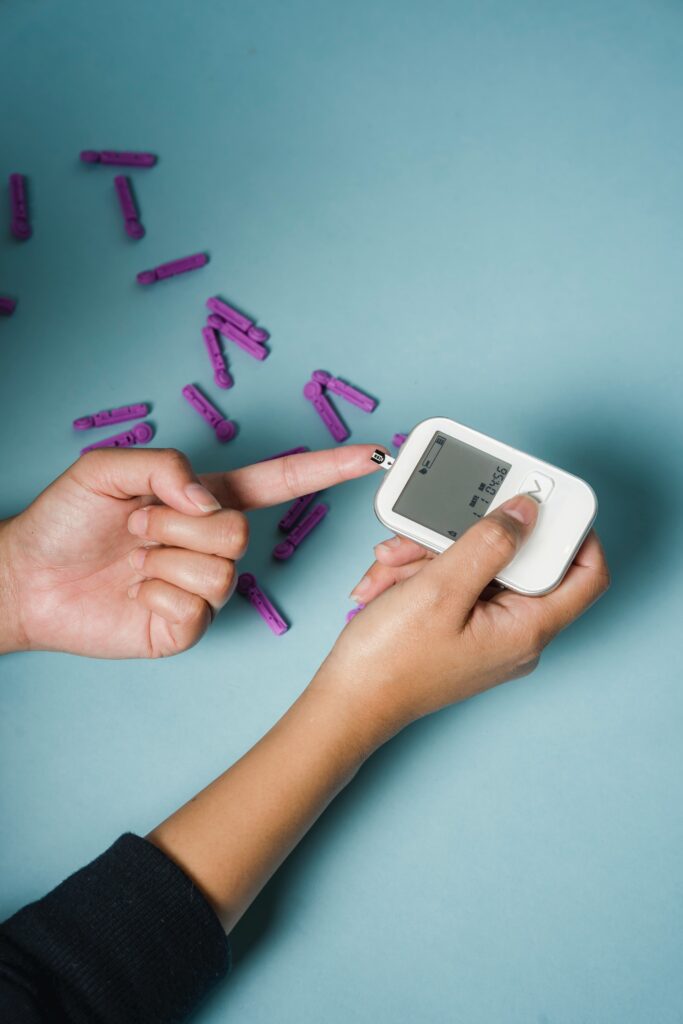
I was born in the 80s, when digitization clearly started to grow. I recognize that caution from the video Andy Yen: Think your email’s private? Think again | TED Talk ;what you tell about yourself in the internet. I feel lucky that i have lived my childhood without the internet. Today information is easily available and i think that is one of the positive aspects of the internet. However, too much time is spent “refueling” information, it’s too easy, and we lose our dopamine to our phones. The reduction of the ability to concentrate and creative thinking is already present today. The busy pace of work and the hours spent on the phone worsen our sleep and our ability to concentrate.
I work as a laboratory nurse. I have been in the laboratory field for approx 15 years. In my work, I notice that automation has increased. The methods and getting the result will speed up with automation. In addition, the monitoring of a single sample has become easier when the automatic sample processing units store data from the sample. Makes work easier, but can contribute to making work one-sided and boring? Also in my work i have seen VR-glasses to been used in students induction, that new! They can use those glasses in school and when they come to the workplace it’s all ready familiar to them. That’s progress
Artificial intelligence applications could change laboratory diagnostics so that the artificial intelligence would make the requests for blood tests and the machine would make them directly from the samples in the storage. Artificial intelligence can be taught to notice deviations in the results and automatically order additional tests. Diagnosis could be made faster. The medical community thinks this will take away their jobs, but as said in Maurice Conti: The incredible inventions of intuitive AI | TED Talk -video, AI and humans can work together as a human-AI collaboration. It’s a partnership between human and technology.
Also in the future i think that I would like to see programs that help to manage information-intensive work. For example, catastrophe alerts rarely occur in laboratory work. For catastrophe alerts, we should get a program that tells you at which stage the alert is going, who is involved in it from the workplace, whether additional help is needed and it would give action instructions on how to proceed next. New programs could ease the burden of remembering. I can see that such programs could improve our security.
And third one what i expect to happen in the future is the spread of health technology. Easy-to-use self-measurements at home could facilitate the work in laboratories. I think that self-measurements will become more common, but reliable laboratory analysis is still needed alongside them.

Open society has a lot of risks, as explained in that video, emails are not private enough. I think the risks are small because who would want to use my data because there are millions of internet users. I am just one small variable in big data. This is probably why cybercrime has become common. It’s too easy. One of the problems are that passwords are repeated in multiple services, which can reveal your privacy to hackers. But as I said at the beginning, I don’t put anything personal on the internet, because the experience of privacy is strong from a time when there were no telephones and no internet. I agree with the fact that young people who are born today, the information shared on the internet can be more private. These days we have data protection reform, whenever information about a person is collected or stored, the company or services must have a data protection statement. A private person has the right to know what information has been stored about him and has the right to delete information what have been stored.
This is my first blog post in English. I haven’t written in English for years and the sentence structures might be strange. Definitely i want to improve my English written and oral skills. And i know that i have to improve my own digital security too. I was really satisfied with the videos, they were very interesting and I started to think more deeply about digitization. The TED videos were quite old and in ten years we have been able to make a lot of progress in this area. I watched some latest videos and I would like to be up to date with this kind of news, we are already in the future.
After this assignment I know how digital working environment has developed, what is the meaning of digitalization in my working area and i can see the future trends. Also I do recognize the benefits and obstacles of digital change. When commenting on other blogs I showed that I can coordinate distant work, group working and can participate in discussion forums. The videos taught me more about the principles of safe information sharing. I think i have adequate information management skill.
References
Cointi, Maurice 2017. The incredible inventions of intuitive AI. TED Talk. https://www.ted.com/talks/maurice_conti_the_incredible_inventions_of_intuitive_ai/transcript
Lyne, James. 2013. Everyday Cybercrime — and what you can do about it. TED Talk. https://www.ted.com/talks/james_lyne_everyday_cybercrime_and_what_you_can_do_about_it#t-59111
Yen, Andy 2014. Think your email’s private? Think again. TED Talk. https://www.ted.com/talks/andy_yen_think_your_email_s_private_think_again?language=en
I visited and commented;
Tittas’s blog; DIGI SOCIETY | Titta’s site (savonia.fi) and
Tiina’s Blog; DIGI SOCIETY – Tiina’s blog (wordpress.com)
I was also born in the 80`s and am so happy that there was no internet, smartphones or social media at my disposal when I was a child! I got a Nokia 3310 when I was 12 years old and that was plenty. Now I of course have to think about my child using internet and all it has to offer, and it scares me a little. How can I teach him to use internet safely? How can I keep up with technology so I can tech him?
It was interesting to read about teknology in laboratory field. Thank you.
Thanks for the interesting thoughts. I was also born in the 80’s and I’m also glad that I’ve lived without the internet. No one took a picture of me and posted it on the internet. It has been difficult for me to learn that digitalization is part of the everyday life of these children and we must learn to live with it.
It’s nice to read about your work. The work of a nurse is unknown to me. Hopefully, the alarm technology you tell us will become part of your work.
HI Taija,
I´m also born in the 80´s and I agree with you that there was benefits to live childhood without the internet. I have kids now and I´m afraid that they are some kind of guinea-pigs for this digitalization.
It was nice to learn how digitalization and specially AI occurs in laboratory field. I hope it can help us in lack of personel in social services.
Hi Taija,
I’m a little older, I was born in the late 1970s but I still agree with you that I’m happy that there was no Internet in my childhood. My youngest child is currently 10 years old so she uses the internet even more fluently than I do. As you wrote about the negative aspects of the internet, I think social interaction has also suffered badly in recent years. In my childhood we went to the playground, nowadays children make Whatsapp calls and may not see face-to-face like at school.
It was interesting to read how automation has affected your work and what kind of solutions technology will offer in the future.
Hello Taija,
nice to read your thoughts about digitalization, especially from the laboratory field where I work also. You told about the VR glasses… Wow, that is new for me. I have never seen or tried those or even heard about those. Interesting point of view in your posting was also your idea of the programme for catastrophe alerts. It is true, that those alerts occurs rarely and when it happens the protocol is not necessarily clear in mind. Devices for self measurement have really increased during the last few years and I think too that those are good for every day monitoring. Even in the smaller laboratories point of care analysis have become more common. However I believe and agree with you that analyses done with automated laboratory analyzers are still needed and most reliable.